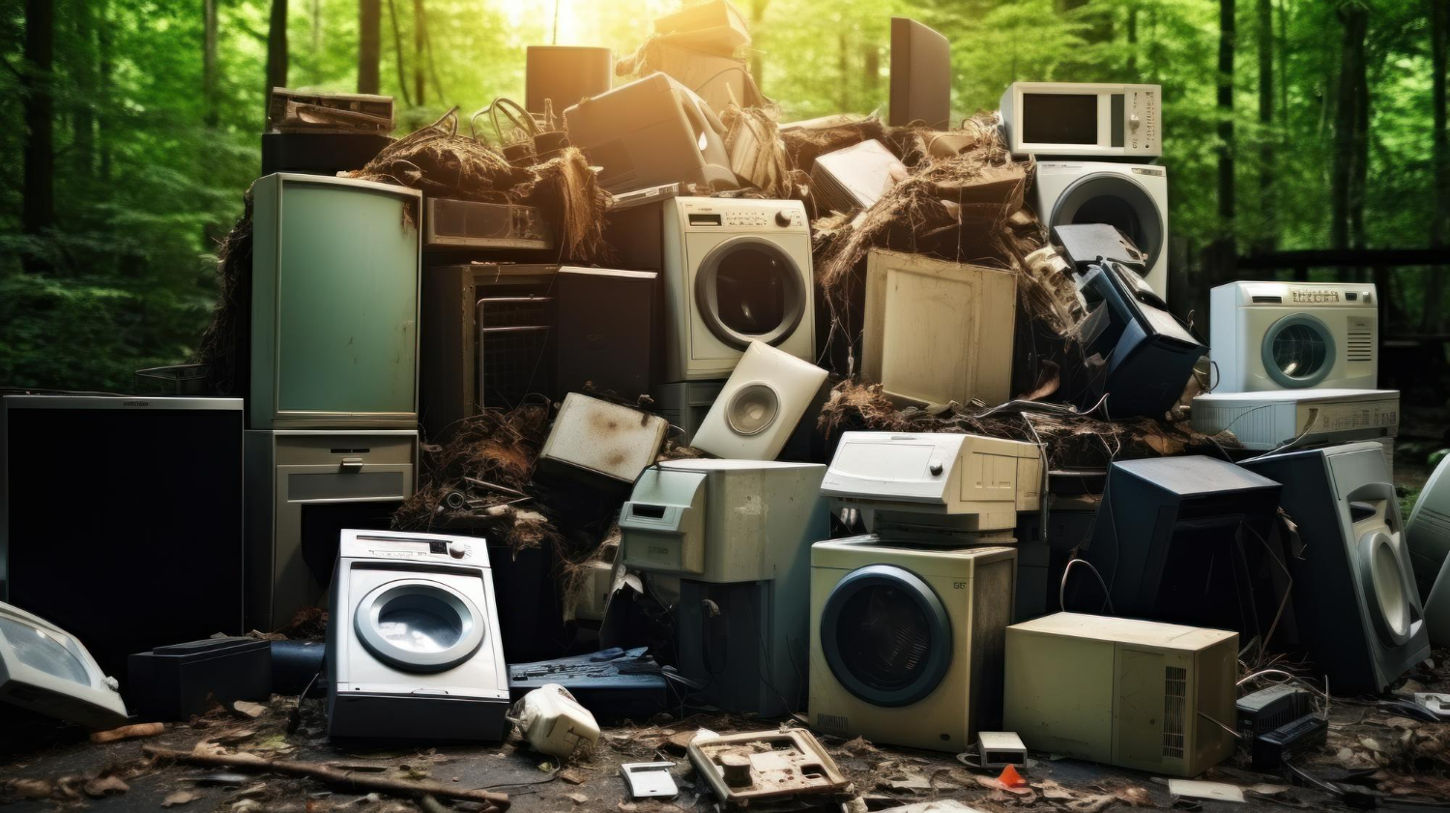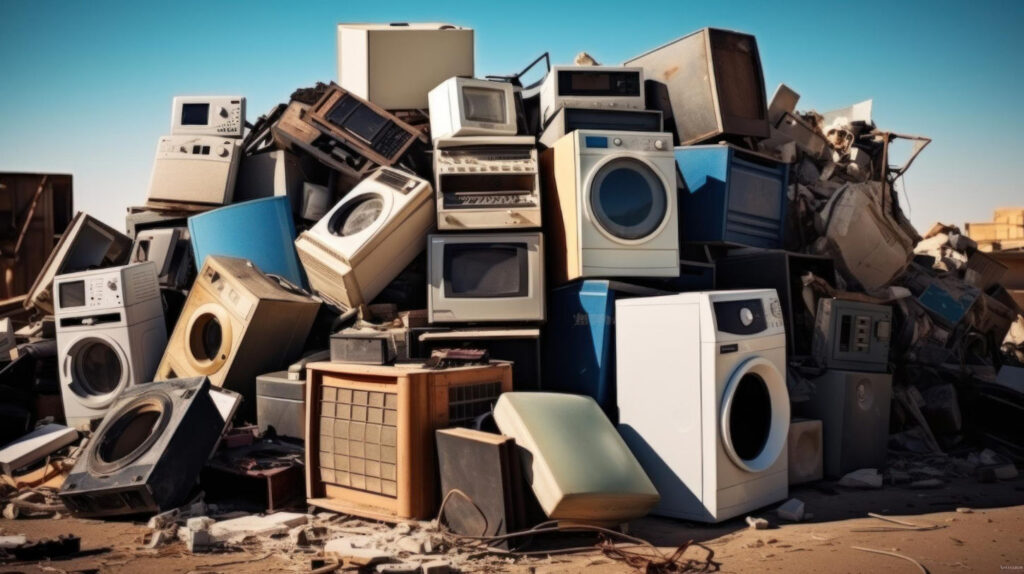Comprehensive Guide to Disposing of Small Kitchen Appliances in the UK

In the UK, proper disposal of small kitchen appliances is essential to ensure environmental sustainability and compliance with local regulations. Whether you need to remove old or damaged electrical appliances such as refrigerators, microwaves, blenders, or toasters, following the correct disposal methods is crucial. This comprehensive guide provides step-by-step instructions for the appropriate disposal of various types of kitchen appliances, emphasizing the importance of adhering to local guidelines for responsible and eco-friendly disposal.
Understanding Local Regulations and Guidelines
Before disposing of any small kitchen appliances, it’s imperative to familiarize yourself with the local regulations and guidelines pertaining to waste electrical and electronic equipment (WEEE) disposal. The WEEE Directive aims to minimize the environmental impact of electrical and electronic equipment and outlines the proper disposal methods for such items. Familiarizing yourself with these regulations ensures that you contribute to environmental sustainability and comply with legal requirements.
Disposal Methods for Different Types of Appliances
Refrigerators
- Contact the Retailer: If you are purchasing a new refrigerator, many retailers offer a service to take away your old appliance for proper disposal. Inquire about this service at the point of purchase.
- Local Authority Collection: In some areas, local authorities provide collection services for bulky waste items, including refrigerators. Contact your local council to check if they offer this service and arrange for collection.
- WEEE Recycling Centres: Take the refrigerator to a designated WEEE recycling centre. These centres are equipped to handle the safe disposal and recycling of electrical appliances, ensuring that harmful components are managed appropriately.
Microwaves, Blenders, and Toasters
- Retailer Take-Back Schemes: Many retailers operate take-back schemes where they will accept old appliances for proper disposal when you purchase a new one. Inquire about this option when making a new purchase.
- Local Authority Collection: Check with your local council for information on how to dispose of small electrical appliances. They may offer collection services for these items, ensuring they are disposed of responsibly.
- WEEE Recycling Centres: Similar to refrigerators, WEEE recycling centres are equipped to handle the disposal and recycling of smaller electrical appliances. Locate a nearby recycling centre and drop off your old microwaves, blenders, and toasters for proper disposal.
Importance of Proper Disposal
Emphasize the significance of proper disposal methods for small kitchen appliances, highlighting the following points:
- Environmental Impact: Improper disposal of electrical appliances can lead to environmental pollution due to the presence of hazardous materials. Proper disposal reduces the environmental impact and promotes sustainability.
- Resource Recovery: Recycling electrical appliances allows for the recovery of valuable materials, contributing to the conservation of resources and reduction of landfill waste.
- Legal Compliance: Adhering to local regulations ensures legal compliance and demonstrates a commitment to responsible waste management.
Conclusion
In conclusion, proper disposal of small kitchen appliances in the UK is essential for environmental sustainability and regulatory compliance. By following the guidelines outlined in this comprehensive guide and utilizing the appropriate disposal methods for different types of appliances, you can contribute to responsible waste management and environmental conservation. Always remember to prioritize the use of authorized disposal facilities and services to ensure that your old or damaged electrical appliances are handled in an eco-friendly manner.

